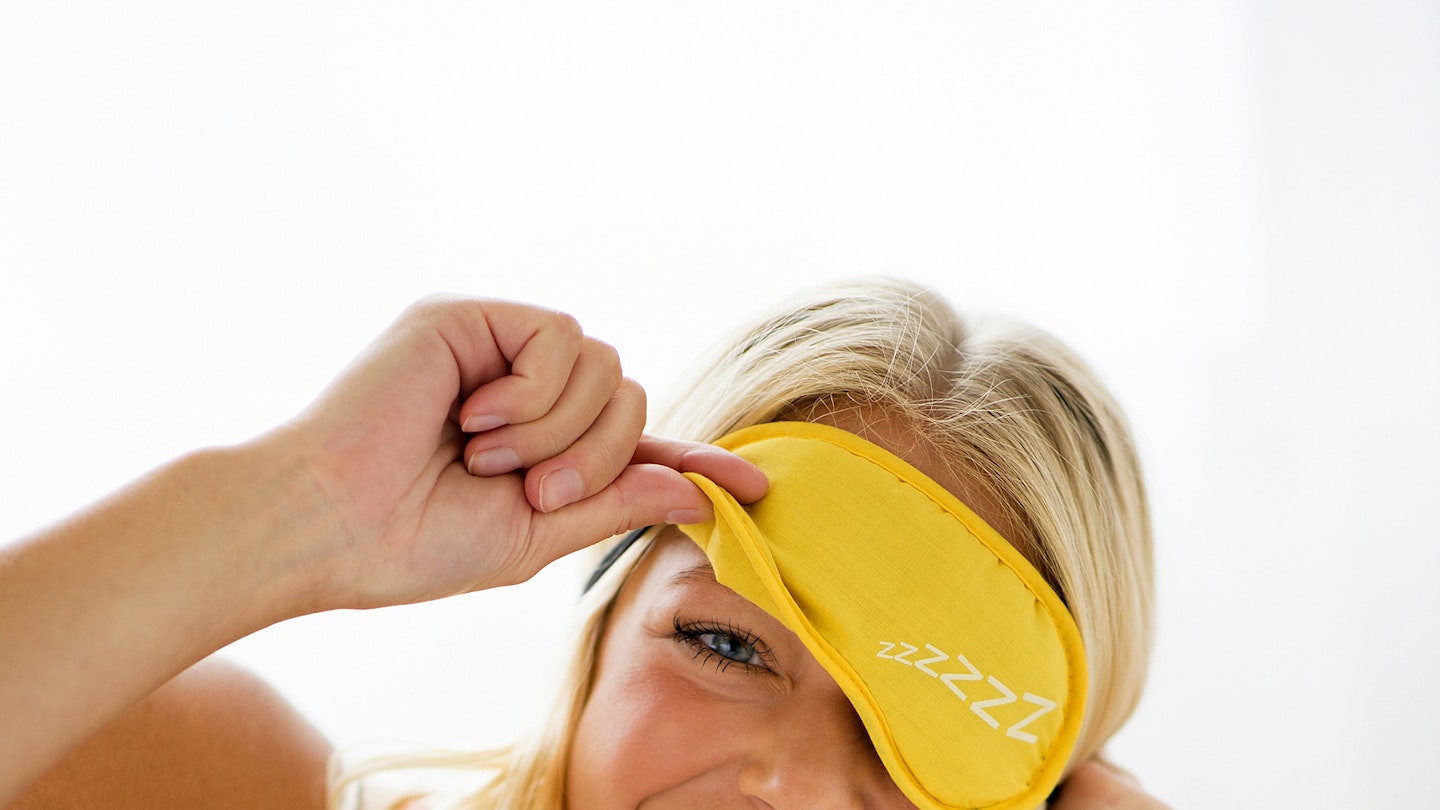Follow our science-backed plan to transform your sleep patterns and boost your health in just four weeks
We all know that sleep is one of our basic but most vital health needs.
But how often do we neglect to prioritise it, watching yet another TV programme or staring at our phones instead of getting into bed?
Rachel McGuinness, sleep expert and chief vitality officer at wellbeing company Wake Up With Zest, says: ‘Sleep’s not a luxury to be fitted in around our other pressing activities — it’s a priority, and I believe the most important one for good health.
‘Getting regular, good-quality sleep gives us more energy, increases focus and concentration, improves our memory and makes us happier. It helps us de-stress, boosts immunity and reduces our risk of serious medical conditions.
‘In short, developing better sleep habits is a complete health game-changer.’
Taking time now to address your sleeping habits could have a huge impact on your future health, with some of those benefits being felt in as little as four weeks.
Here’s how…
Week One — Improve your sleep duration
Ideally, we want to be getting around seven or eight hours or going through five or six 90-minute sleep cycles a night.
Rachel says: ‘The best way to achieve this is getting into a good routine and reinforcing our natural circadian rhythm.
‘First choose a fixed wake time that you stick to, even at weekends. Then set a bedtime for eight hours earlier. This encourages five sleep cycles and also allows a 15- to 30-minute window for you to fall asleep.
‘Dim lights an hour before bed and expose yourself to as much light in the day as possible, especially within an hour of waking, ideally going for a walk or even sitting by a window with your early-morning cuppa.’
Week Two — Improve the quality of your sleep
Now it’s time to improve the quality of your sleep. Deep sleep is vital for good health. It helps regulate our blood pressure, our hormones and our metabolism. It helps repair tissue, and consolidates our learning and our memories.
Rachel says: ‘Things like caffeine and alcohol can act as sleep thieves, stopping us from getting the deep sleep that we need. As a rule, stop drinking alcohol three hours before bed and don’t have a coffee seven hours before bedtime, as caffeine can stay in our system for up to 10 hours.’
Week Three — Fall asleep quicker
It should take between 10 and 20 minutes to fall asleep each night. If it’s taking you longer, make sure you’re being physically active enough each day. Studies show that exercising in the day helps us fall asleep quicker.
Rachel says: ‘Consider what you do in that last hour before bed. If you’re scrolling through social media, working, or watching the news or a tense thriller, and then jumping straight into bed, you’re likely to be too stimulated or stressed to fall asleep quickly.
‘Instead, ensure all screens are turned off an hour before bed and choose a more relaxing ritual such as reading or listening to classical music — anything that puts you in a calm and positive frame of mind before bed.’
Week Four — Tackling wake-ups
Everyone has little wake-ups during the night, but if you’re not drifting straight back off again, it’s worth examining why.
Eating foods high in caffeine or sugar like chocolate too close to bedtime can lead to blood sugar levels zigzagging, and consequently a restless night.
Rachel says: ‘If you wake with your mind racing, it can be difficult to nod back off. Make a to-do list for the following day and include half an hour for problem-solving. That way, if you wake in the night worrying, simply jot your worries down and know you’ve got time allocated to address them properly.
‘Meanwhile, if it’s noise waking you up, try using ear plugs or putting your phone in flight mode to help you stay asleep as you transition through sleep cycles.’

Edited by Stephanie May
For more information, visit wakeupwithzest.com
